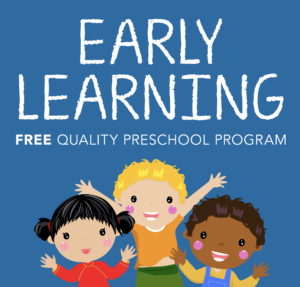
Early childhood education, otherwise known as early nursery schooling, is basically a branch of early childhood education theory which relates to the training of young children from conception right up to the age of seven. This is usually equivalent to third grade. ECE is often defined as an important educational milestone in child development. It is an essential phase for early learning and development as it helps children acquire skills and knowledge that they will need to survive in society. Below are some of the benefits of early childhood education.
Early Learning & Childhood Education – Preschool
Preschool education is necessary for every child in order to ensure their early childhood education programs are successful. However, a lot of parents want to enroll their kids in preschool but don’t have the financial means. In this situation, the United States federal government provides grants for parents who wish to enroll their children in pre-school. The grants are provided based on the performance of the preschool – its suitability and ability to promote early childhood learning. To apply for these grants, you will need to submit application forms for each of the children that will be enrolled.
Early Learning Center = Plan for the Future
An eight-year-old is considered a young child. Hence, the role of an early learning center should be played in such a way that the child will have the maximum advantage at this critical age. If these pre-school programs are successful, then the child will not only gain the advantage of having regular hours for sleep, play, and study but he or she will also have developed mental competencies and decision-making capabilities. These are crucial aspects that are developed after the child has spent three, four, and eight years at primary school.
Language & Communcation
Language and communication skills are very important in ensuring success in the early years. Many early learning centers focus on this. You must not forget the fact that it is language that plays a key role in shaping self-confidence, self-esteem, and socialization. It is imperative for pre-school children to learn the basic elements of the language such as spelling, punctuation, grammar, and pronunciation. It is important for the teacher to ensure that there is effective interaction between the teacher and the child for building these basic skills.
The other curriculum-based activities include proper punctuation, grammar, and spelling. A good example would be to have the child write a short citation needed for the lesson or to answer a question. This task requires skills in writing, reading and listening. Children who are able to use self-control, self-discipline, and self-control are those that are successful in learning these skills.
Music, Art & Movement
Another important skill in early childhood development is music, art, and movement. Music therapy is an important intervention that helps in reducing stress, developing self-esteem, and enhancing memory and concentration. Art therapy enhances creativity, imagination, and visual reasoning. Early childhood education programs based on music therapy have been successful in reducing absenteeism in preschools, improving social competence, reducing drug use, delaying the onset of aggressive behaviors and substance abuse, and promoting healthy interpersonal relationships.
Take a Positive Approach to Early Learning
In order to facilitate the development of early childhood skills, pre-school teachers must give individual attention to each child. A positive approach is very important. The teacher must pay special attention to children with special needs. Pre-schoolers with autism and other special needs usually require extra care from the teacher. Special education teaching, for example, is necessary in special education schools for children who suffer from autism. A Perry Preschool is designed specifically to address the educational needs of these children.
Special Education Vs. General Education
Special education provides education with special instructions to children with disabilities that prevent them from the benefits of traditional educational ways of teaching. There are many different types of special education, which all help individuals overcome impediments to their learning. As children move into the early learning center and preschool stage, they will experience new experiences, interact with new people and learn new skills. It is during this time that teachers should pay special attention to how the child is developing. A focus on early learning and communication allows young children to learn faster and be rewarded for their efforts.
Interested in play tables & accessories for your learning activities? Click the link below!


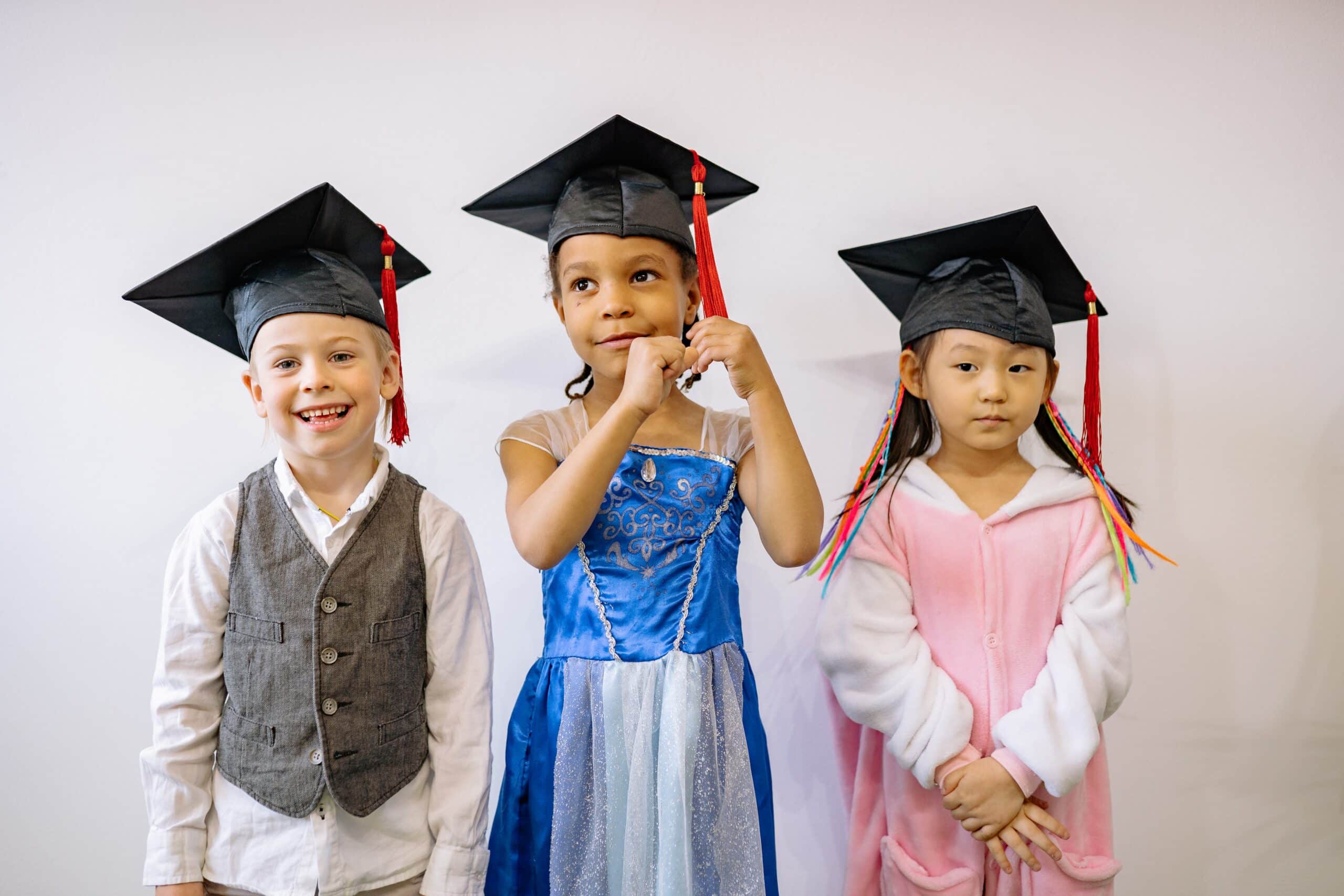
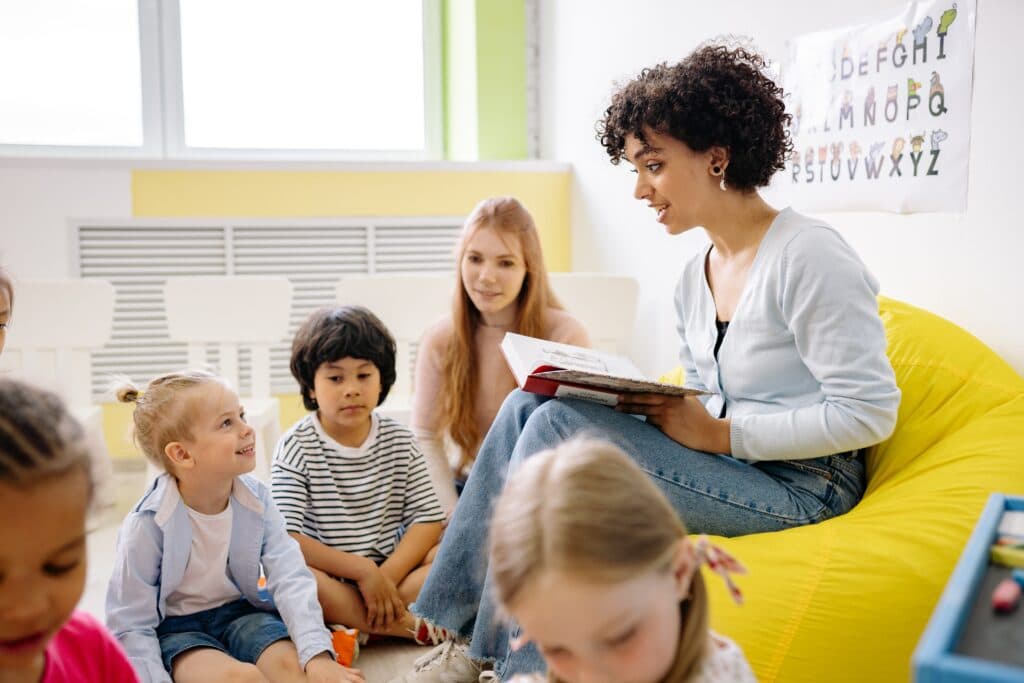

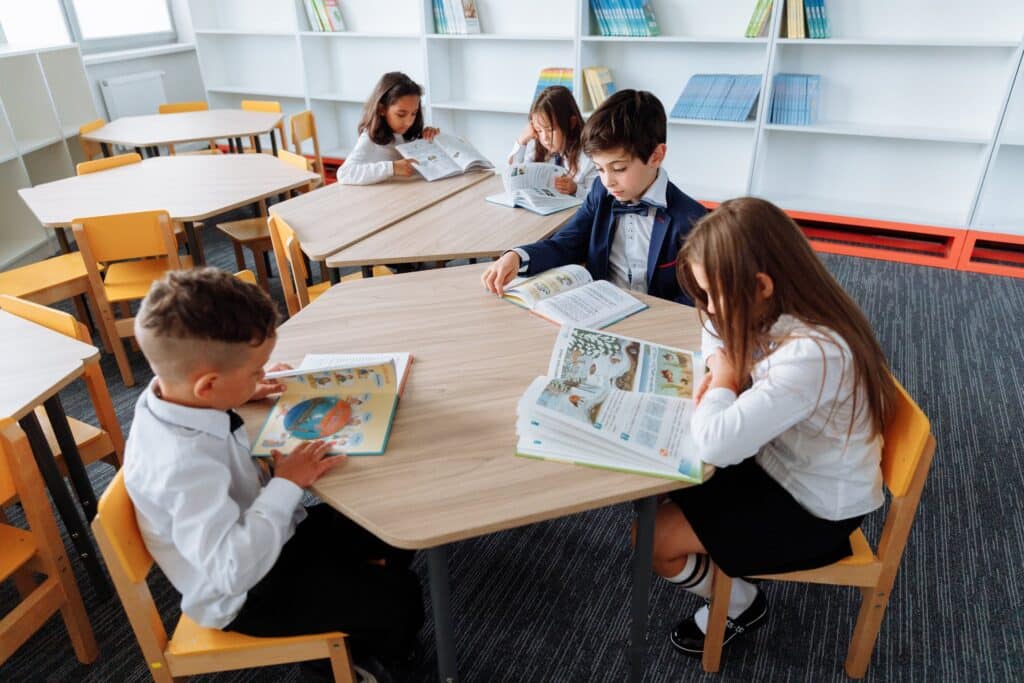
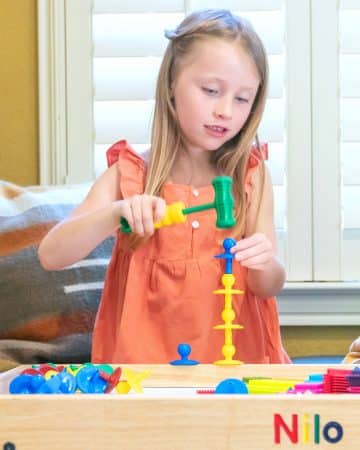

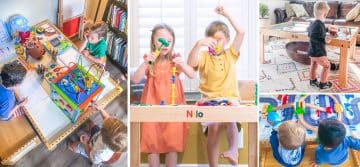
2 Comments
It’s really interesting to know that music therapy during a child early education program could help with my kid’s social competence and more healthy childhood life. That sounds to me like a great investment and would really help my kid excel later in life. It’s one of my biggest worries that my kid will go through a rebellious phase when he’s older and I’m glad to hear I can at least delay that or prevent it altogether by taking him to an early education program. Thanks for letting me know, I’ll be sure to look for a good center nearby.
Yes! Early childhood education has many benefits and we highly recommend it! Montessori education is also something you may like to look into, which is basically hands-on learning through play.